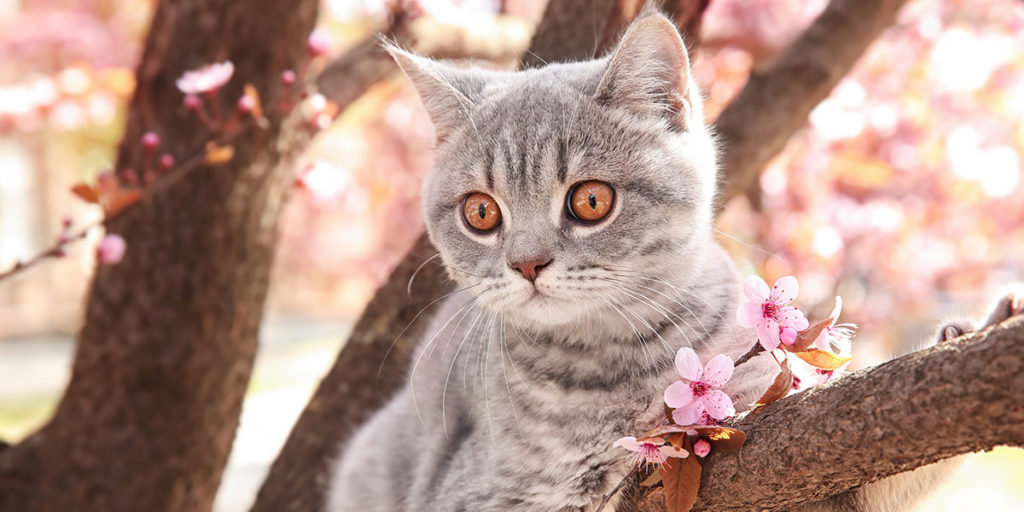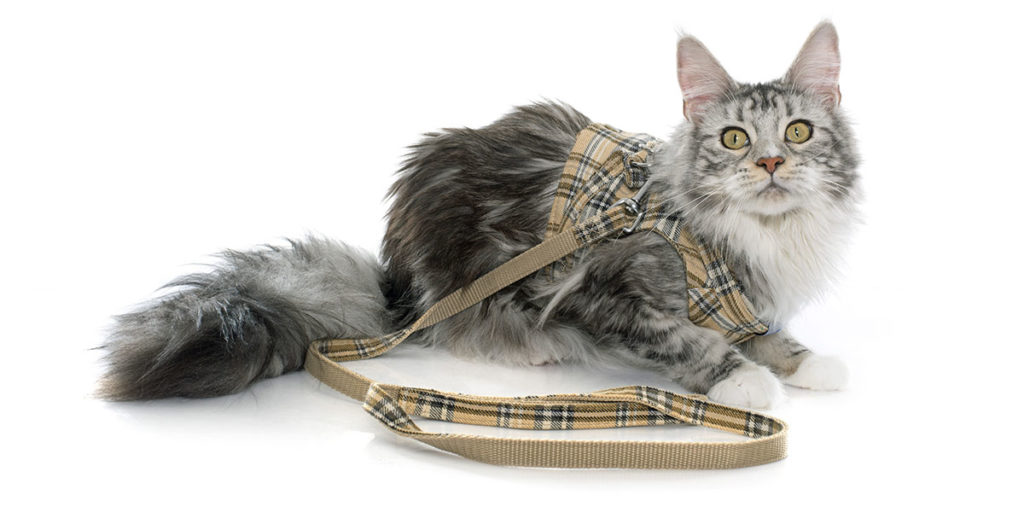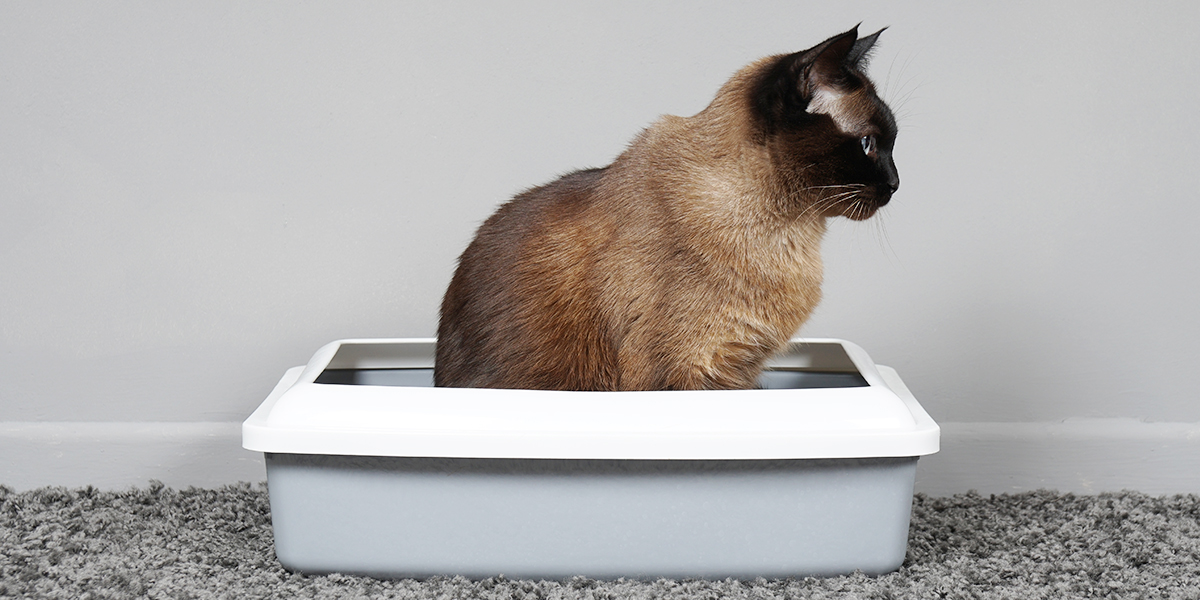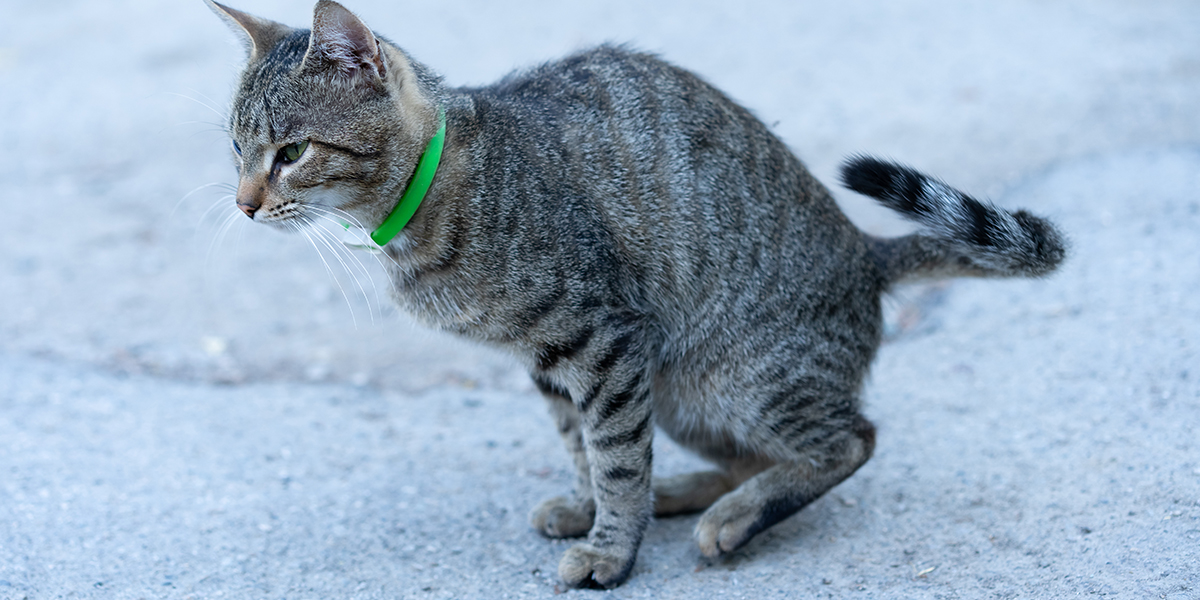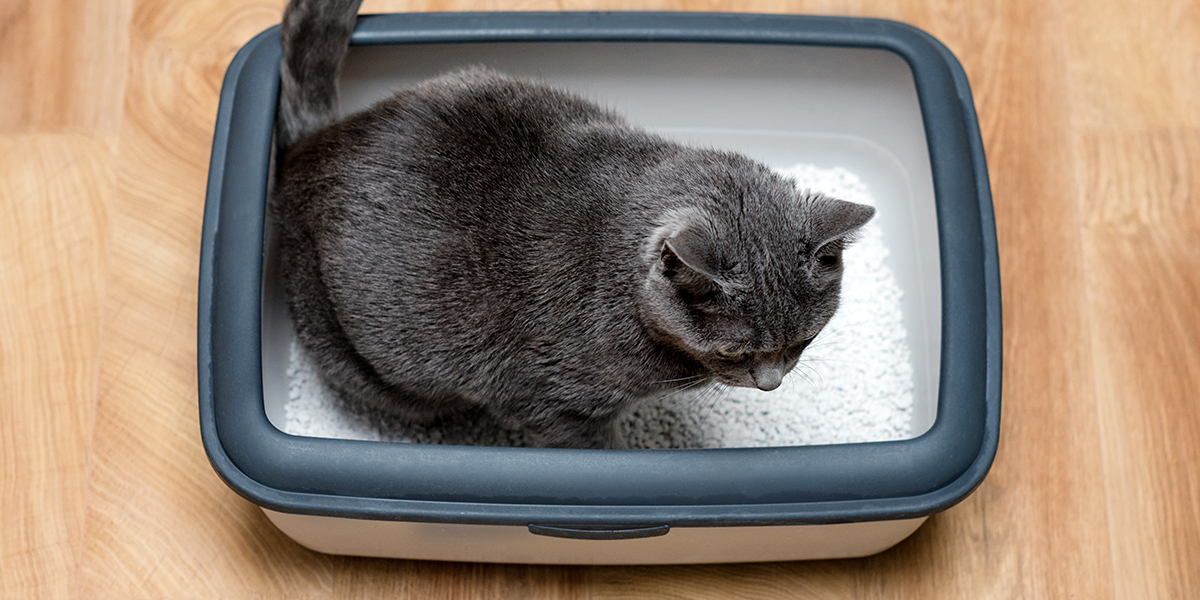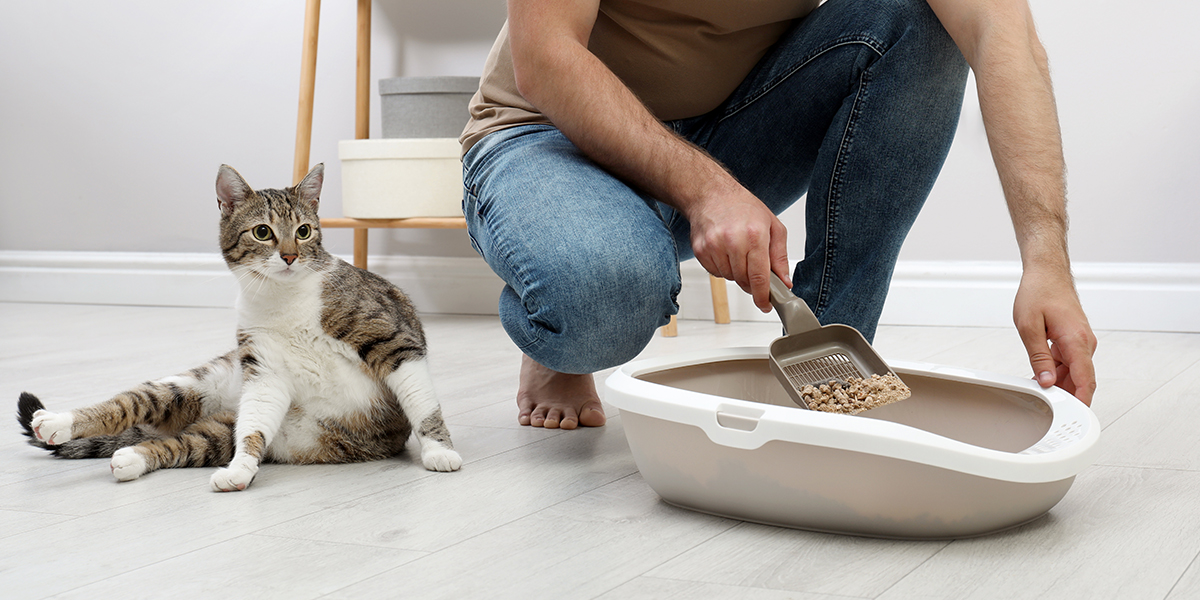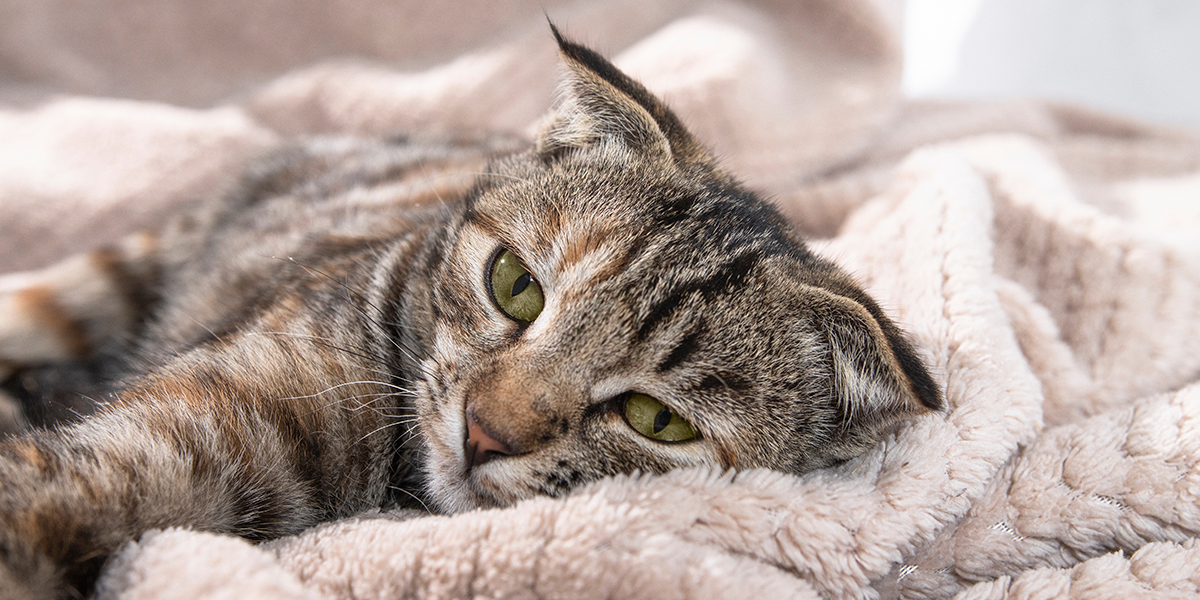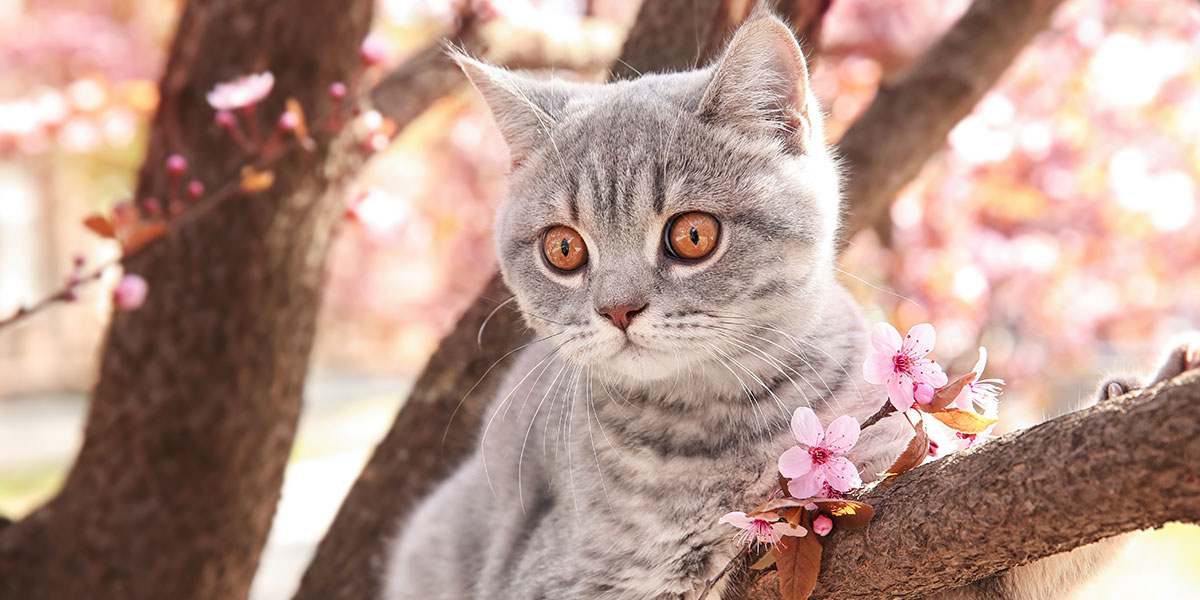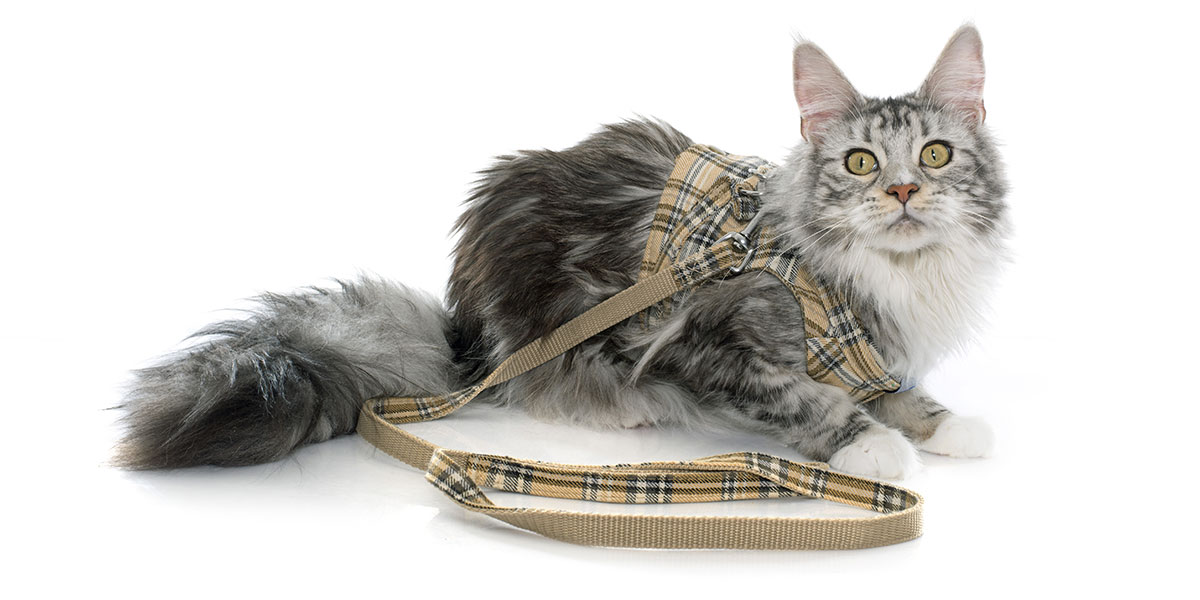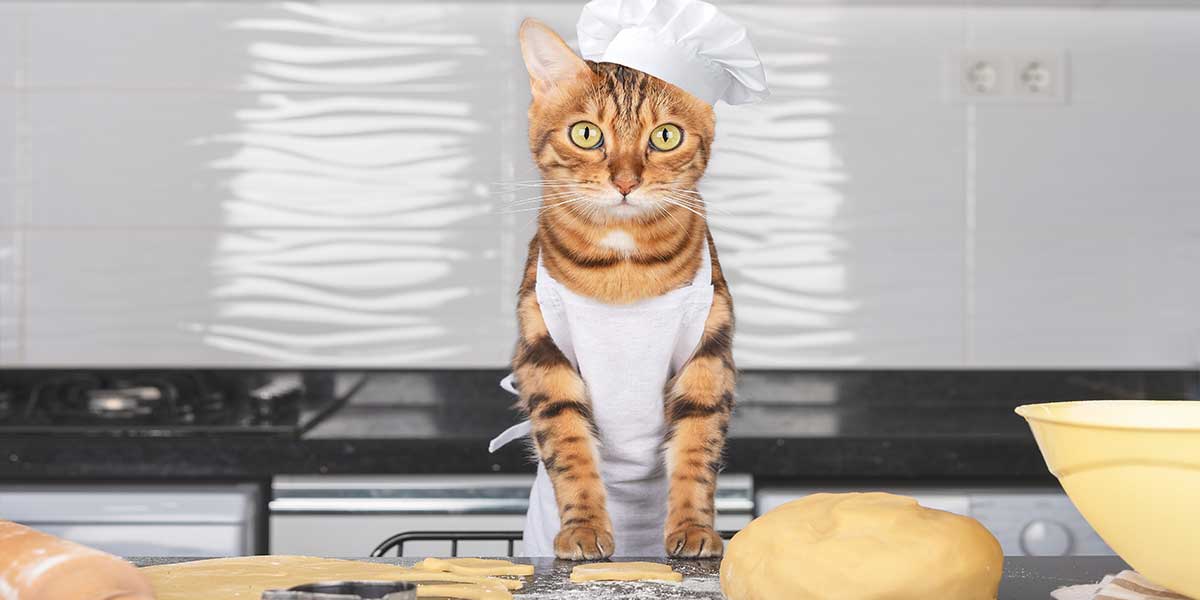The 101 Guide to Cat Poop
Everybody poops — there’s no way around it. Cat poop may be more tolerable than other animals (you don’t have to dig around in your yard for a pooper scooper, for starters), but it can be just as bothersome, depending on your cat’s habits. But really, even with the annoyances that cleaning out the litter box can bring, your cat’s poop is an excellent indicator of your feline’s overall health. In fact, you can tell a lot about your cat through their stool — how stressed they’re feeling, how their food is affecting their digestive system, and so much more.
So, let’s go beyond the cat litter box (just for now, promise) and learn everything there is to know about cat poop — how often they do the deed, what the poop shape and color says about their health, and why some cats feel the need to do their business everywhere but the litter box.
How Often Cats Poop
Your furry friend may take several trips to the litter box each day, but they’ll likely only do #2 once. This, of course, varies and is subject to change throughout a cat’s life. There are several factors that may alter a cat’s bathroom habits, including what kind of food they eat, how often they eat and exercise if they have underlying health conditions, and if they are taking any medications or supplements.
A cat’s age also plays into the amount they poop: Kittens tend to poop more than older cats, so you may notice them going to the bathroom more than once per day. The only cause for concern is when your cat’s bowel habits change — watch for the frequency in which they poop, as well as what it looks and smells like.
What Your Cat’s Poop Color, Shape, and Texture Tells You
A healthy cat stool should be dark brown and malleable, almost like a Tootsie Roll. It should have a consistency similar to modeling clay — not too hard, not too mushy. The color is also critical: Dark brown is the goal, but be wary if it gets too dark, almost black. All poop has a particular odor, but generally speaking, cat poop shouldn’t have an overwhelmingly foul smell — just slightly unpleasant.
If your cat’s poop doesn’t fit the standard criteria, then here’s what it may mean about your cat’s overall health, per Fetch by WebMD:
- Small, dry, and hard poopthat is passed less than once a day due to constipation may be a sign of dehydration, megacolon, or other dietary issues.
- Small, dry, and hard poop with bits of hair attachedthat are only passed less than once a day due to constipation may be a sign of hairballs or over-grooming.
- Thin, ribbon-like poopthat is only passed less than once a day due to constipation may be a sign of colon troubles, including cancer.
- Black, runny poopmay be a sign of stomach or intestinal bleeding. This is very serious and calls for a trip to the vet.
- Smelly poopthat resembles pudding and is passed up to three times a day may be a sign of food intolerances or inflammatory bowel disease.
- Gooey poop with strings of mucusmay be a sign of a lack of fiber or colitis.
- Frothy, greasy poopwith strings of mucus may be a sign of parasites. This is often hard to label, so if you suspect parasites, bring your cat to the vet ASAP.
Constipation and diarrhea are very common in cats, but they may be a sign of a more significant issue. Oftentimes, constipation occurs as a result of over-grooming, kidney issues, feline megacolon (when the colon gets very large and its muscles no longer squeeze, causing dry stool to build up), colon blockage, the poor fiber in their diet, tumors in their colon, or spine problems. Diarrhea can also happen for several reasons, such as major changes in their diet or growing food intolerance, inflammatory bowel disease, colitis, worms, pancreatic disease, cancer, or hyperthyroidism.
When You Should Be Concerned About Your Cat’s Poop
Anytime you notice poop that isn’t dark brown and malleable, then you should bring it up to your cat’s vet. It’s highly likely that there isn’t anything super serious going on, but it’s always better to be safe. If you notice a sudden change in bowel movements that remain consistent for at least a 24-hour period, then it’s worth a vet visit. But when it comes to diarrhea, anything that lasts for 24 to 48 hours is problematic since it can lead to dehydration, among other issues.
A word of caution: If you see blood in their stool and notice that your cat is sluggish, vomiting, not eating, or has a fever, rush over to the vet ASAP since it may be a sign of potentially life-threatening stomach or intestinal bleeding.
Why Cats Poop… Anywhere But Their Litter Box
It’s not just the poop itself that can be all-telling; sometimes, it’s the different places where your cat leaves their business. Since cats are trained to use their litter boxes, most of them have no trouble going to the bathroom in their designated spot.
Sometimes, however, a cat may rebel, relieving themselves anywhere (and everywhere) they can. This often is a sign of a larger issue — potentially emotional or mental health-related.
If you find your cat’s poop in other areas of your house, it could be the root of a bigger problem, including:
- Smelly Litter Box: This may sound obvious, but no one wants to go to the bathroom in a place that isn’t clean or inviting. Some cats are so particular that they won’t even go #2 if there are remnants of cat poop in the litter box.
- Change in Household: Maybe you recently added a new pet to the family, or you moved houses. Cats pick up on all of it and may react by relieving themselves in different places in the house to mark their territory and make their presence known.
- Medical Issues: Sometimes, when you gotta go, you gotta go. This is especially true for cats dealing with diarrhea, constipation, or sensitive stomachs. If that’s the case, your cat may not have the time to make it to the litter box, causing them to do their business in random spots around your house.
If this continues to be an issue in your household, talk about it with your vet at your cat’s next visit. They may examine the cat for common culprits like colon blockage or urinary tract infections. If it remains a mystery, they may also order lab tests and X-rays to ensure that there’s nothing serious to worry about — beyond the cat poop scattered around your house.
Our disposable litter box makes caring for your cat fast, easy and clean. Here’s what you need to know to try it out.


